Dear Theo: The Autobiography of Vincent Van Gogh is not only a fascinating art history, it is also the story of a spiritual quest by two brothers who love each other dearly.
Van Gogh originally set out to follow in his father’s footsteps as a pastor, but for reasons that are only somewhat revealed, it didn’t work out. During this period of preparation for ministry, Van Gogh describes a foreboding sense –
These are really happy days I spend here, but still it is a happiness and quiet which I do not quite trust. Man is not easily content: now he finds things too easy and then again he is not contented enough.
Though not terribly dissatisfied, Van Gogh senses something is missing. Something is not quite right. He wonders if this “dis-ease” could have a spiritual basis.
There may be a time in life when one is tired of everything and feels as if all one does is wrong, and there may be some truth in it — do you think this is a feeling one must try to forget and to banish, or is it ‘the longing for God,’ which one must not fear, but cherish to see if it may bring us some good? Is it ‘the longing for God’ which leads us to make a choice which we never regret?
One thing I’ve noted early in this collection of letters to his brother Theo is that when Van Gogh describes something about pastoral ministry, his words are distant and wooden. When he describes the visual world or artistic representations of them, however, he comes alive, vivacious.
As we have in our Brabant the underbrush of oak, and in Holland the willows, so you can see here the blackthorn hedges around the gardens, fields, and meadows. With the snow the effect just now is of black characters on white paper, like the pages of the Gospel.
After a disruptive experience in his academic pursuit of a pastoral vocation, Van Gogh moves to Brussels where, thanks to a small stipend from his father and monies from Theo, he is able to eek out a living while devoting himself to his art. He first concentrates on studying and copying the masters where he tries to “understand the real significance of what the great artists, the serious matters, tell us in their masterpieces, that leads to God.”
Ultimately, he picks up his pencil to draw and finds great relief.
Though every day difficulties come up and new ones will present themselves, I cannot tell you how happy I am to have to taken up drawing again. I have been thinking of it for a long time, but I always considered the thing impossible and beyond my reach. But now, though I feel my weakness and my painful dependency in many things, I have recovered my mental balance, and day by day my energy increases.
I relate to the tension between Van Gogh’s material needs and his vocation. In historical hindsight, he was beyond question created to be a painter. Yet in his lifetime he sold no paintings. Had it not been for the patronage of his devoted brother Theo, he would have starved.
By the grace of God, I managed to maintain a career in pastoral ministry for almost two decades. At times, working together with many faithful parishioners, much fruit was borne. Other seasons were quite barren. I’m confident that as a minister, I faithfully presented God’s Word weekly and daily represented (in my own weak way) the Spirit of Christ.
I am grateful that, again by God’s grace, this career provided materially for me and my family. But I confess it was more consuming spiritually than fulfilling and took a tremendous psychological toil on my already fragile mind.
Now, I am pursuing another vocation within the realm of faith and mental illness. Were it not for the generous patronage of people God provides to support my efforts, I could not go on. But with God’s help and support from the community of faith, I will find my way to best offer myself as a living sacrifice to the glory of the Lord.



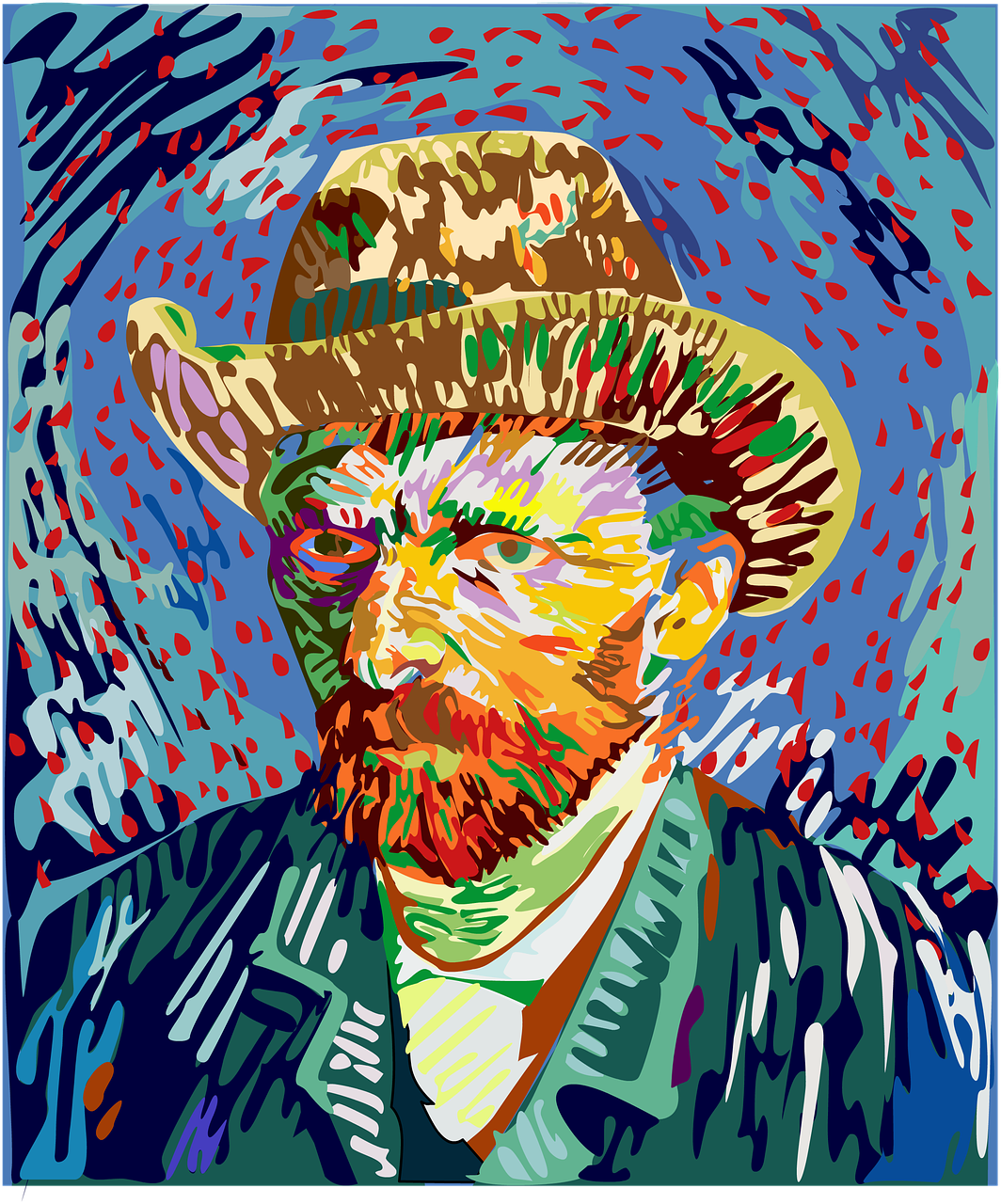
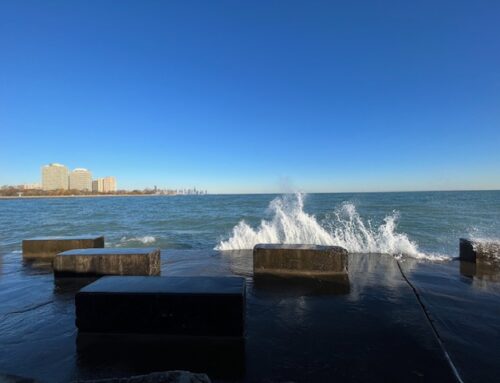

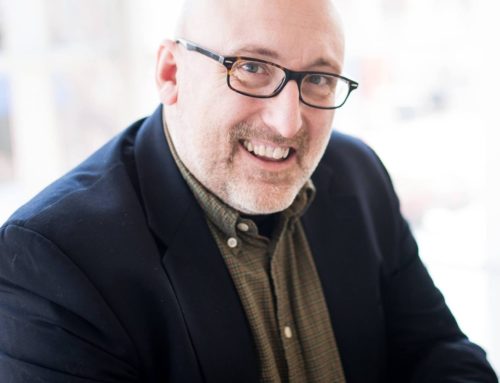
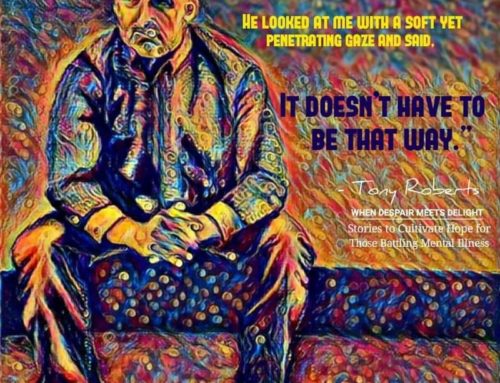
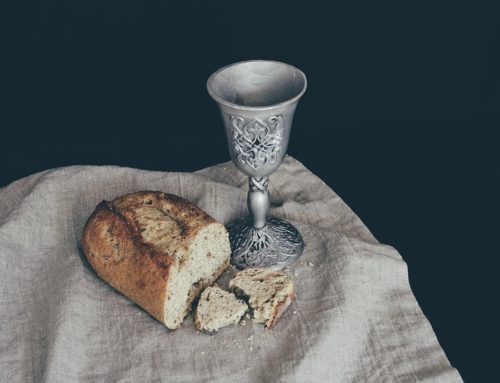
Leave A Comment